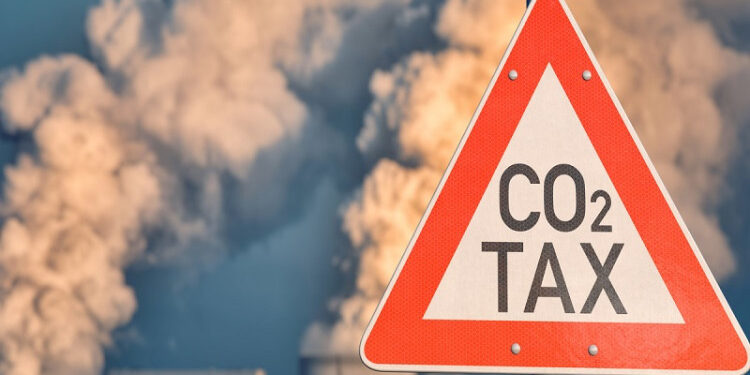The European Parliament and the Member States of the European Union announced Tuesday, December 13, 2022, having adopted a “carbon adjustment mechanism at the borders”.
This mechanism makes it possible to apply to importing importing companies in the European Union the same rules of carbon emissions as to European companies.
As proposed by the European Commission, this mechanism will apply to the most polluting industrial sectors, like steel, cement, aluminum, electricity and fertilizers, as well as hydrogen and will take into account indirect emissions in the production process. All importing companies on the European market will be affected.
When entering the European market, foreign companies will have to declare CO2 emissions related to the marketed product. If the latter are superior to the European threshold, they will have to pay certificates whose value is indexed on the European carbon market. If a carbon market already exists in the exporting country, it will be taken into account.
The Governor of the Central Bank, Marouane Abassi, had mentioned the subject before. He said, on June 15, that the relevance of Tunisian policies in terms of carbon emissions requires the launch of a fruitful dialogue with the European Union to explore opportunities in this area, followed by the development of a clear strategy to mobilize available external funds.
The governor of the Central Bank of Tunisia, which was expressed at the opening of the 23rd edition of the Maghreb economist’s annual forum, added that Tunisia must match the national plan with its European counterpart to benefit from the European objective of reaching the carbon neutrality stage by 2050.








